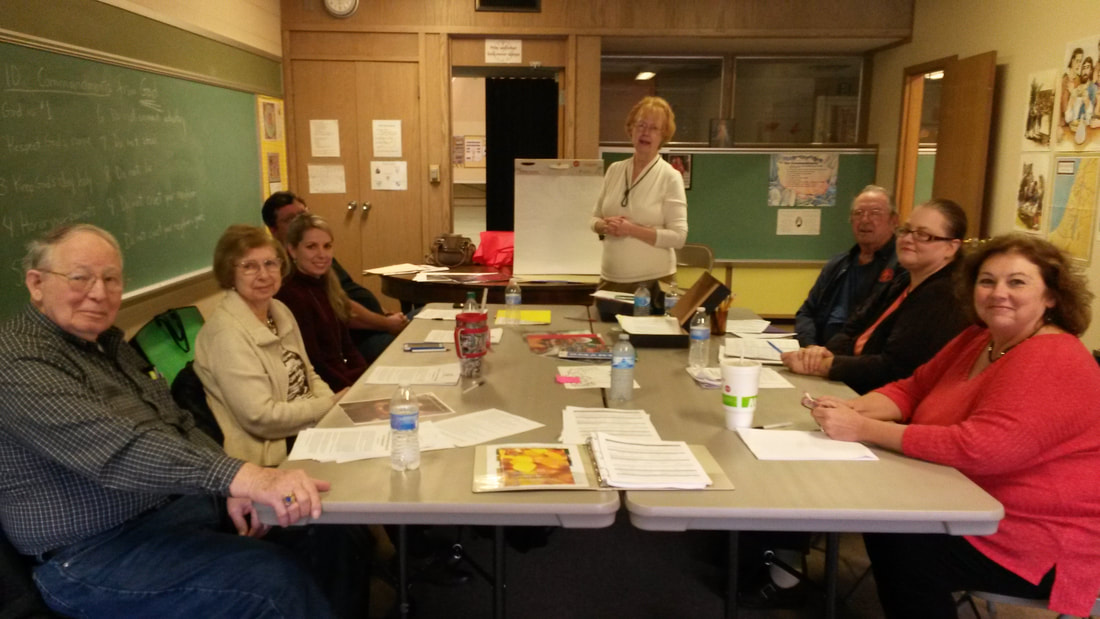|
According to The Strange Political Silence On Elder Care, the problem is our society has an extraordinary number of caregivers who haven’t formed a group to push for change. Unlike other groups, such as Mothers Against Drunk Driving (MADD), caregivers should have formed a constituency to insist on changes which better support them; but they haven’t. Why not? One surprising finding is that caregivers don’t recognize themselves! How can our society offer support to a person who denies needing help? How can we help if they believe they can’t ask? What is the effect of this lack of coalescing, lack of self-identification and the resulting failure to prepare and plan?
This article describes the possible reasons:
Senior Sidekicks has stood with caregivers for the past 12 years! The caregiving phase is the newest part of life’s journey. A little over 100 years ago, people didn’t live long enough to reach this stage. Our firm has struggled to get new caregivers and those in the midst of caregiving to accept help. Perhaps this article explains why people, who are otherwise prudent, take such a strange view of caregiving. Let’s compare and contrast caregiving attitudes with attitudes to other parts of life’s journey: Your getting married, do you make plans? What kind of a wedding would you have if you didn’t acknowledge you were engaged? How would you bring your lives together in marriage: legal, financial, religious, integrating your families, where to live, and children? My parents, like many during WWII, had a hurry-up wedding. They were high school sweethearts, and engaged in college. When my father finished his course work and ROTC, he was shipped to Texas. The university mailed his diploma. My mother took the train to Texas and they were married by a preacher on base. They had 3 weeks of wedded bliss before he shipped out for 3 years! Mother went home to a fire storm! Both sets of parents were in shock. Mother had not completed her college education; could she go back and finish? Would the all-girls school take her back as a married woman? Neither of my parents had completed paperwork naming her his spouse? Forms and letters took a long time to reach soldiers in the field and even longer to receive replies. Who would be the listed next-of-kin in the event he didn’t come home? She even had to discuss possible burial arrangements!! Who was now responsible to pay for her education? Was she to receive his pay since she was his spouse? Mother described it as a very trying time that she had to face alone because they didn’t plan. Weddings are as much a family matter as caregiving. A wedding, without planning, causes major stress. Caregiving, without planning and support also causes major stress. Yet, families will tell me they’ll handle it all by themselves: really? Let’s look at another example: You’re having a baby! Does that mean you don’t need any help? If you’re expecting do you still need proper medical care, resolve legal matters, insurance, or a larger place to live? We expect that expectant parents need help. We’ve developed the social systems to provide it. Having children brings many resources into the family. There are Family Medical Leave Act (FMLA) for both parents in certain situations. There are prepared childbirth classes, visiting nurses to the home after delivery and new mother’s groups. Relatives come to help the new mother and baby. Everybody sends food! It’s acceptable to have help for babies, why not for caregivers? The difference is we’ve had babies for millennia; caregivers, less than 100 years. Thus, the family caregiver may or may not receive some defacto help from her church, neighbors, or friends. There’s no visiting nurse system. The caregiver can take FMLA but it’s complicated and doesn’t always cover the type of caregiving the employee needs to give the elder. Many FMLAs don’t pay the employee. Caregiving may mean moving the elder closer to the caregiver, or moving in with the elder. Caregiving may be so demanding that it afflicts the caregiver’s health. The caregiver may be forced to quit the job. A break in the caregiver’s career creates a major financial setback as the caregiver tries to re-enter the workforce. Caregivers often draw on their retirement savings during caregiving. Other developed countries have seen this writing on the wall and started putting plans in place. Why can’t the US do that? We can, if we act now. You can do two things:
Talk to your neighbors. Ask what your church is doing for caregivers? Ask your employer the same thing. FMLA, by itself, is not an adequate response.) Are you a member of a union; put caregiver support on the bargaining table. We already have mandatory courses in sexual harassment and discrimination. Make caregiving training the next mandatory course. Are you an employer? If you prepare for tornadoes; prepare for this gray tsunami. By 2030, 1 in 5 Americans will be over age 60 ENTER THE POLITICAL DEBATE ON THE SIDE OF CAREGIVERS: It’s time to insist that the political conversation of this campaign is about p-r-e-p-a-r-i-n-g for this gray tsunami! It touches everyone. It’s not red or blue, it’s GRAY. Candidates will ask for your vote; tell them to put caregiving in their platform to get your vote! Caregiving is at least as important as any other policy
0 Comments
Your comment will be posted after it is approved.
Leave a Reply. |
Author "A Senior Moment" is written by Ms. Sara Lieber, owner of Senior Sidekicks. Ms. Lieber has over 30 years of experience in senior care. Archives
March 2024
Categories
All
|


 RSS Feed
RSS Feed